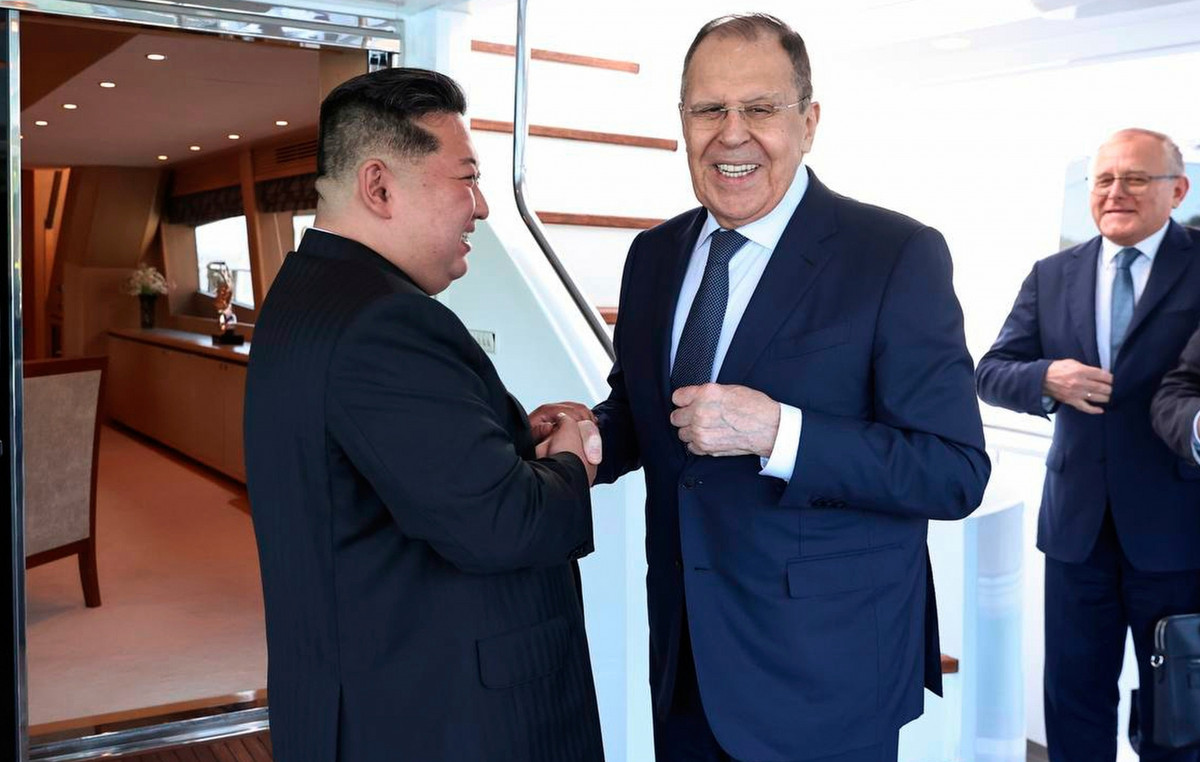The relationships that are created in the office, schematizing to the extreme, they can be cooperative or conflicting. As long as we are in the first situation, everything goes smoothly, but when we move on to the second, the problems begin inexorably. If the relationship with a colleague is at the expense, you can always fall back on other “desk mates”; but if it is to fail the relationship with the boss, action must be taken because the consequences can become thorny.
This, however, provided that one senses that something is wrong: it is not uncommon, in fact, that a boss tries to hide his dislike or a bad mood towards one of the resources he coordinates. If we pay attention to our professional history, it is extremely unlikely that one of our managers has told us in no uncertain terms “I don’t like you” or “I don’t like working with you”. However, in some cases it is not necessary: there are other communication signals that can still show his impatience.
Linguistics studies dedicated to paraverbal language, that is, the one that relies on tools other than words, can be useful in this sense. We therefore asked for an opinion from Claudio Nobili, one of the Italian linguists who most studies gestures in our culture, author of the recent The gestures of the Italian (Carocci).
ALSO IN THE LANGUAGE DIFFERENCES OF POWER ARE EMERGING
From a linguistic point of view (and not only) the interaction that is established between a resource and a superior is asymmetrical: in short, the same unspoken rules that structure the conversations we have with friends and relatives do not apply. This is because “there is a disparity in roles recognized by both interlocutors”.
Yes, and this asymmetry also manifests itself in the communicative moves. In particular, whoever has the most power somehow governs some aspects of the interaction. In this regard, we are talking about a director figure in the communicative exchange, as the linguist Franca Orletti explains well in her «The unequal conversation. Power and interaction “(Carocci):” the figures who assume, for different reasons, the role of directors have control over the attribution of shifts, their duration and, through the power to guide the topics of discourse, also over the content of the turns speaking ».
HOW TO DECipher WHAT THE BOSS DOES NOT WANT TO SAY IN WORDS
Be careful, however, because “the manifestations of this asymmetry do not pass only through words but also through the non-verbal elements of communication” observes Nobili who, immersing himself in the specific situation of a conversation between an employee and his boss, tried to identify by we some bodily signals capable of conveying conflict and tension, within an unequal communicative framework. “Words are necessary, but they are not everything. And recognizing these signals can also be significant from the point of view of relational training in the business environment “.
From the tension of the hands to the gaze, passing through the well-known closing of the arms (which however in body language has more meanings) in the gallery find some of the gestures to watch out for with their meaning.
(In the photo a scene from the film “The devil wears Prada”).
More
Donald-43Westbrook, a distinguished contributor at worldstockmarket, is celebrated for his exceptional prowess in article writing. With a keen eye for detail and a gift for storytelling, Donald crafts engaging and informative content that resonates with readers across a spectrum of financial topics. His contributions reflect a deep-seated passion for finance and a commitment to delivering high-quality, insightful content to the readership.







